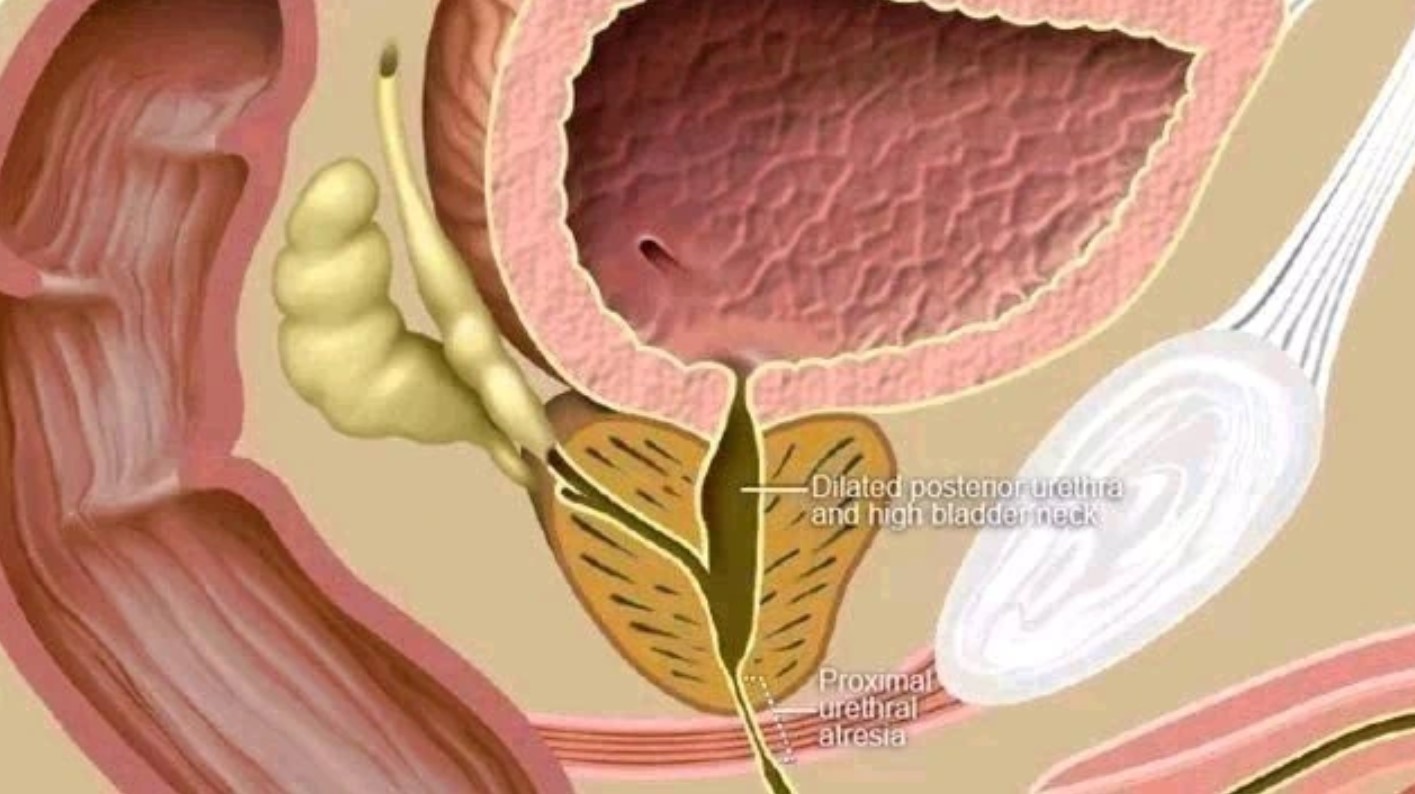HEALTH & LIFESTYLE
Urine Blockage Kills: Avoid These 5 Habits To Prevent Urine Blockages

Continue Reading
HEALTH & LIFESTYLE
Your Lungs Are Not In Good Condition if You Experience the Following
HEALTH & LIFESTYLE
4 Major Reasons Some People Die In Their Sleep
HEALTH & LIFESTYLE
Uterine Cancer: Stay Away From These 4 Things To Avoid The Risk Of Being A Victim
-

 IN-THE-NEWS11 months ago
IN-THE-NEWS11 months agoPortable’s Wife Reacts As Baby Mama, Ashabi Celebrates Her Son’s Birthday
-

 METRO8 months ago
METRO8 months agoHunter Fed Dying Pregnant Wolf All Winter. 1 Year Later He Heard A Strange Sound And Instantly Cried –
-

 METRO10 months ago
METRO10 months agoMy Wife Told Me She’s Pregnant, but She Doesn’t Know I’ve Actually Had a Vasectomy
-

 SPORTS11 months ago
SPORTS11 months agoA Look Back: South Korea’s Golden Moments in Olympic History
-

 IN-THE-NEWS11 months ago
IN-THE-NEWS11 months agoSubsidy Removal Announcement Hastily Done
-

 METRO8 months ago
METRO8 months agoSon donated his late mother’s dolls to a thrift store
-

 SPORTS10 months ago
SPORTS10 months agoLa Cartuja Stadium undergoes remodeling works to become World Cup 2030 headquarters
-

 IN-THE-NEWS11 months ago
IN-THE-NEWS11 months agoPresident Tinubu Makes Fresh Appointments (Full List)



